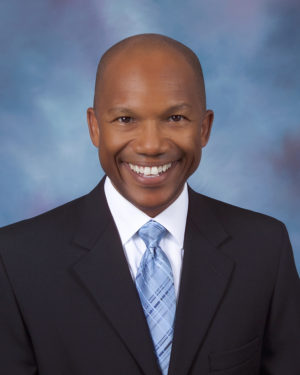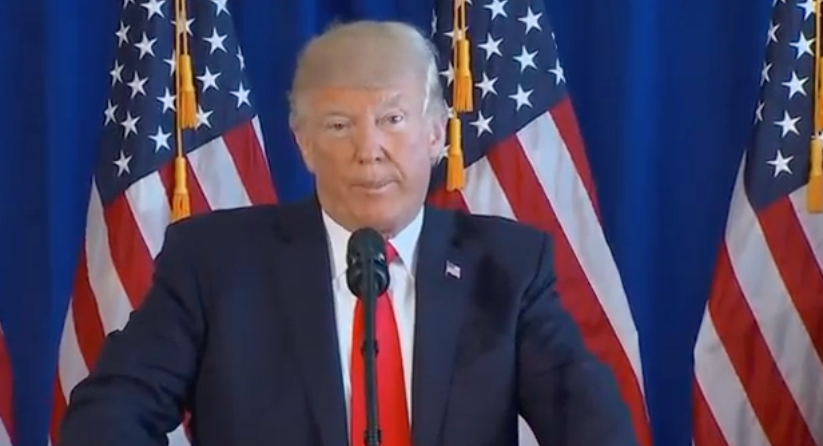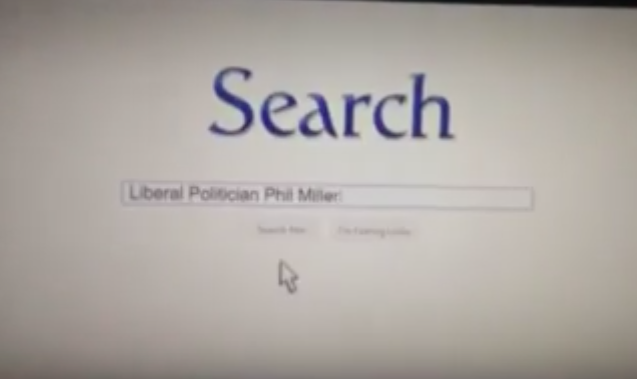Many posts about Iowa’s 2018 campaigns for state and federal offices are in progress, but for this weekend, I want to focus on elections happening in 2017. The weather looks almost perfect for the last few days of GOTV in Jefferson, Davis, and Van Buren counties, where voters will choose a successor to State Representative Curt Hanson this Tuesday. The House district 82 special election may not foreshadow what happens in next year’s legislative races, but the outcome could shape the media narrative about whether Democrats or Republicans have momentum in small-town and rural Iowa, which in turn could influence people thinking about running for the state House or Senate in 2018. If you’ve been knocking on doors or phone banking in House district 82, please share your stories in the comments.
August 3 was the filing deadline for the September 12 school board elections across Iowa. In future years, school board and local elections will be held on the same day of November in odd-numbered years. Proponents say the shift will increase turnout. John Deeth isn’t a fan of the change.
Candidates for city council or mayor will need to submit nominating papers between August 28 and September 21 in most Iowa towns, which don’t hold primaries before the November local election. (The filing period for local candidates runs from August 14 to 31 in cities that sometimes hold primary as well as general elections for local offices; this document explains more.)
Anyone thinking about running for school board or city office should read Lauren Whitehead’s advice on waging a successful local campaign.
Iowa’s most closely-watched city elections include the Cedar Rapids mayoral race, where Monica Vernon is one of several well-known local figures hoping to succeed Ron Corbett, who is seeking the Republican nomination for governor. (Former State Representative Tyler Olson considered that race but decided against it.)
Four candidates have announced in Des Moines City Council Ward 3, where longtime incumbent Christine Hensley opted to retire: Josh Mandelbaum, Michael Kiernan, Chris Draper, and Abshir Omar. Mandelbaum has the most backing from local political leaders and organized labor. CORRECTION: Draper recently dropped out of the city council race.
Quite a few central Iowa incumbents don’t yet have challengers, as far as I know, including the mayors of West Des Moines and Urbandale.
I expect an intense city council campaign in Windsor Heights, where some residents are outraged that sidewalks are finally being installed on three streets near two elementary schools. You probably don’t understand why hundreds of people in this small suburb fiercely oppose making the neighborhood more walkable. I can’t explain it either, even after living through several of these battles during the past fifteen years. Most residents of the Des Moines metro area find sidewalks convenient but otherwise unremarkable. For whatever reason, multiple city council races in Windsor Heights have turned into a referendum on the sidewalks question. Even though the city is paying the full cost of the installations this summer, I expect a strong backlash from the anti-sidewalk contingent in November.
When Iowa Republicans destroyed all meaningful collective bargaining rights for public employees earlier this year, they also enacted major union-busting provisions, such as frequent re-certification elections for public-sector labor unions, under rules making it difficult and costly for a union to remain certified. Those elections will begin in September Brianne Pfannenstiel reported this week in the Des Moines Register. Excerpts from that story are after the jump.
This is an open thread: all topics welcome.
Continue Reading...



















